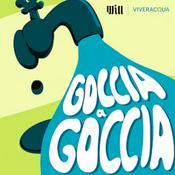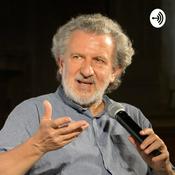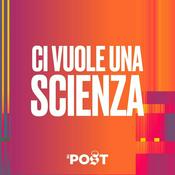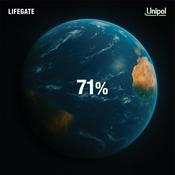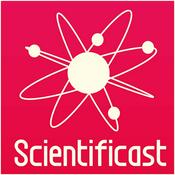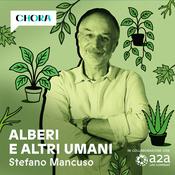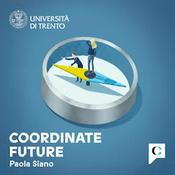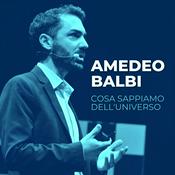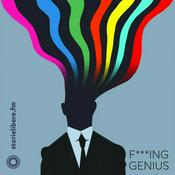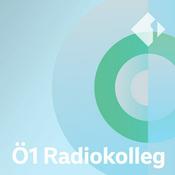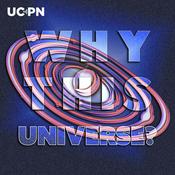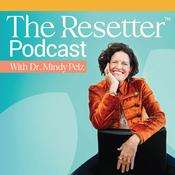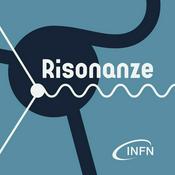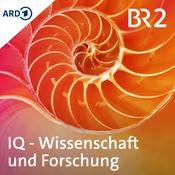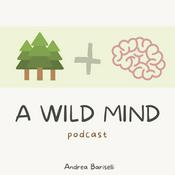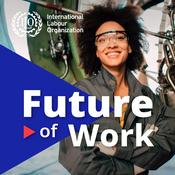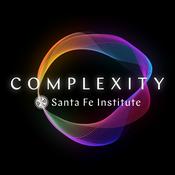What is it about computational communication science?
Emese Domahidi & Mario Haim

Ultimo episodio
54 episodi
- In this episode, we’re joined by Dr. Johannes Gruber from Vrije Universiteit Amsterdam to unpack the world of language models. Johannes explains what language models really are and how they shape how we interact with information — from powering everyday chatbots like ChatGPT to supporting advanced research. We break down how these systems work behind the scenes, what they’re great at, and where we need to be cautious. Johannes also shares insights from his recent research on the feedback loops between language models, citizens’ beliefs, and democracy. It’s a closer look at why understanding both the potential and the limits of language models is so important for opinion research today.
#aBitOfCCS on Computational Pipelines for Large-Scale Text Digitization with Christian Lendl hosted by Jana Bernhard-Harrer
17/12/2025 | 35 minTune in to the #aBitOfCCS Podcast as we explore the computational workflow behind digitizing a historical society magazine. Christian Lendl joins us to discuss his paper Digitizing the Aristocratic Elite: Computational Challenges and Methods in Processing the Wiener Salonblatt (1870–1938). The episode highlights how AI-driven workflows can open new possibilities for digital humanities research.
Reach out to Christian at [email protected]- In this episode, we’re joined by Prof. Eetu Mäkelä from the University of Helsinki to break down the world of word embeddings. Eetu explains what word embeddings are in simple terms, how they fit into the bigger picture of language models, and why they’re so powerful for exploring relationships in language — from the famous King–Queen example to applications in studying opinions. We look at how researchers can work with pre-trained embeddings or build their own, and how these tools open new ways to analyse language and meaning at scale. Eetu also shares where research on word embeddings is headed next and why they remain central to the evolving field of opinionated communication.
#aBitOfCCS on Performance vs. Sustainability in Text Analysis with Sean Palicki hosted by Jana Bernhard-Harrer
19/11/2025 | 31 minTune in to the #aBitOfCCS Podcast as we dig into the growing tension between performance and sustainability in computational text analysis. Sean Palicki, a researcher at TUM, joins us to discuss his recent paper Don’t Look Up: Evaluating the Tradeoff between Performance and Sustainability of LLMs for Text Analysis.
In this episode, we explore how large language models (LLMs) compare to lighter methods such as dictionaries and task-specific classifiers when applied to sentiment analysis, classification, and named entity recognition in political texts. We talk about the environmental costs of relying on large models, why bigger doesn’t always mean better for text analysis, and how introducing a CO₂-adjusted F1 score can help balance accuracy with sustainability.
The conversation highlights a “right-fit” approach to model selection—choosing tools that are not only effective but also environmentally responsible.
Reach out to Sean at [email protected] and find his website here: https://sean.web-of-us.com/- In this episode, we’re joined by Prof. Damian Trilling from Vrije Universiteit Amsterdam, who opens the door to the world of machine learning for opinion research. Damian explains how citizens consume and share news today — and how machine learning helps us make sense of these patterns at scale. We unpack the difference between supervised and unsupervised machine learning and explore how blending both can strengthen research projects. Damian also shares why these methods hold so much promise for the future of studying opinionated communication and news use in the digital age.
Altri podcast di Scienze
Podcast di tendenza in Scienze
Su What is it about computational communication science?
As "big data" and "algorithms" affect our daily communication, lots of new research questions arise at the intersection between societies and technologies, asking for human wellbeing in times of permanent smartphone usage or the role of huge platforms for our news environment. The growing discipline of Computational Communication Science (CCS) takes on a combinatory perspective between social and computer science. In this podcast, Emese Domahidi (@MissEsi) and Mario Haim (@DrFollowMario) open this discussion for students and young scholars, one guest and one question at a time.
Sito web del podcastAscolta What is it about computational communication science?, Goccia a goccia e molti altri podcast da tutto il mondo con l’applicazione di radio.it

Scarica l'app gratuita radio.it
- Salva le radio e i podcast favoriti
- Streaming via Wi-Fi o Bluetooth
- Supporta Carplay & Android Auto
- Molte altre funzioni dell'app
Scarica l'app gratuita radio.it
- Salva le radio e i podcast favoriti
- Streaming via Wi-Fi o Bluetooth
- Supporta Carplay & Android Auto
- Molte altre funzioni dell'app


What is it about computational communication science?
Scansione il codice,
scarica l'app,
ascolta.
scarica l'app,
ascolta.

